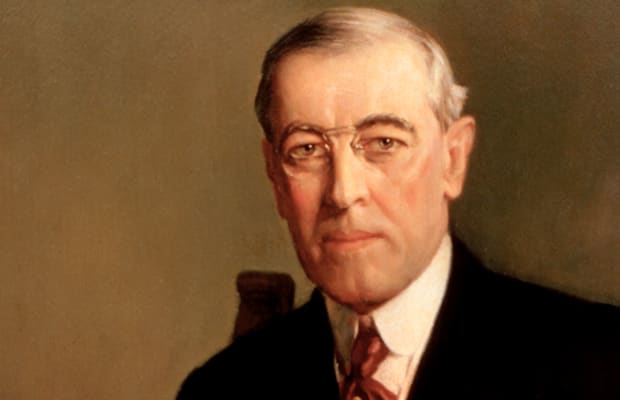
Public Administration is any and every action done by the state for the welfare of the people in the boundaries of Rule of Law. It signifies the implementation side of Governance.
The Emergence
The discipline of public administration has been prospering for ages under the shadow of it’s big sister, Political Science. It was in 1887, when Woodrow Wilson (now known as the father of Public Administration) wrote in his essay, The study of Administration that Administrative Questions are different from Political Questions and established a foundation for the discipline of Public Administration.
Evolution
Since then many classical thinkers like Max Weber, F.W. Taylor, Fayol, Urwick, Gulick etc. have tried to formalise and conceptualise many theories of bureaucracy and have been somewhat successful in coming out with universal principles for the discipline by focusing on the structures, trying to. give it a status of science. But the modern thinkers like M.P. Follett, Fred Riggs, Simon, Elton Mayo, Chestard Bernard etc. believe in the dynamism of the discipline and by including the human element of the organisations, vouch for contingent or situational nature for the discipline.
The question was finally put to rest when in the 2nd Minnowbrook conference, it was decided that Public administration’s main aim is not to come out with a universal theory but to be practical. As long as the discipline continues to solve practitioners’ problems, the discipline will prosper thus ending a century long identity crisis.
Today and Beyond
In this age of Liberalisation, Privatisation and Globalisation; we see new problems like terrorism, pandemics, trade conflicts etc. and modern solutions like SHGs, WTO, E-Governance etc. So it is the need of the hour for the discipline to upgrade and equip itself with modern theories, tools and techniques to prepare the bureaucrats of the New Tomorrow or rather the New Today.

